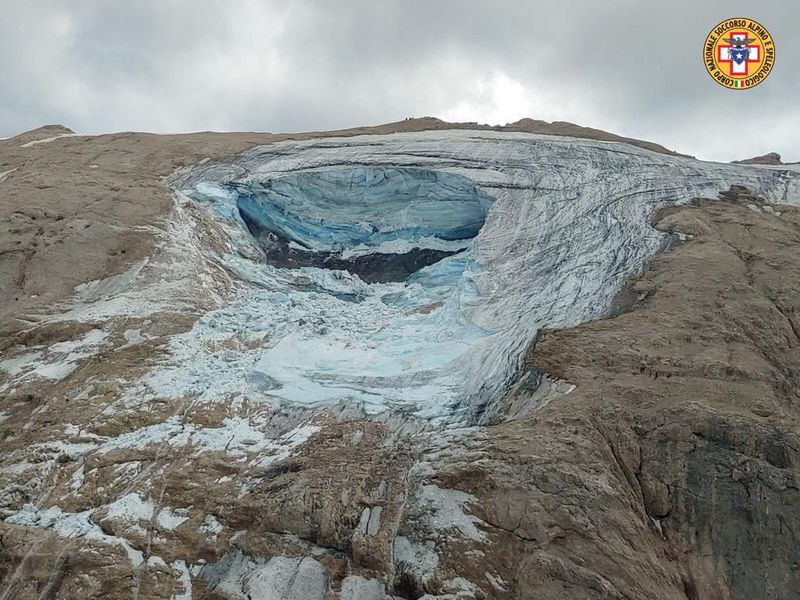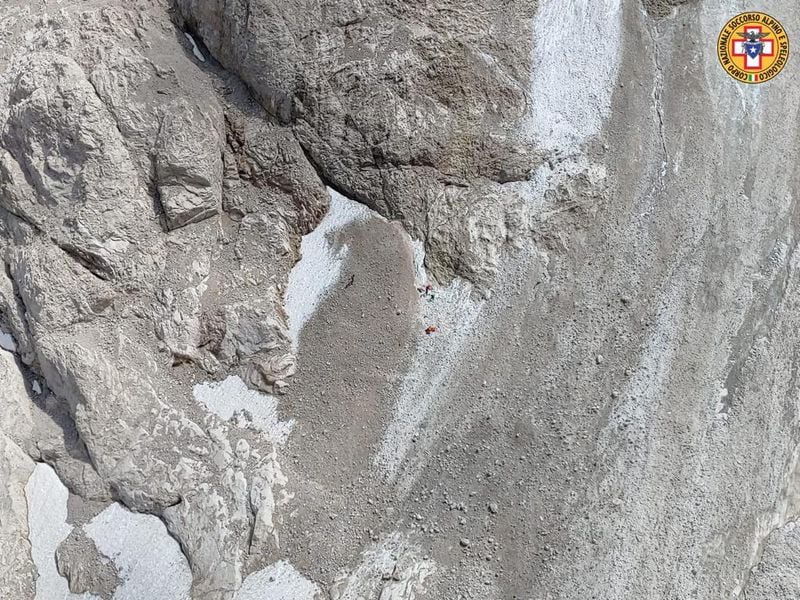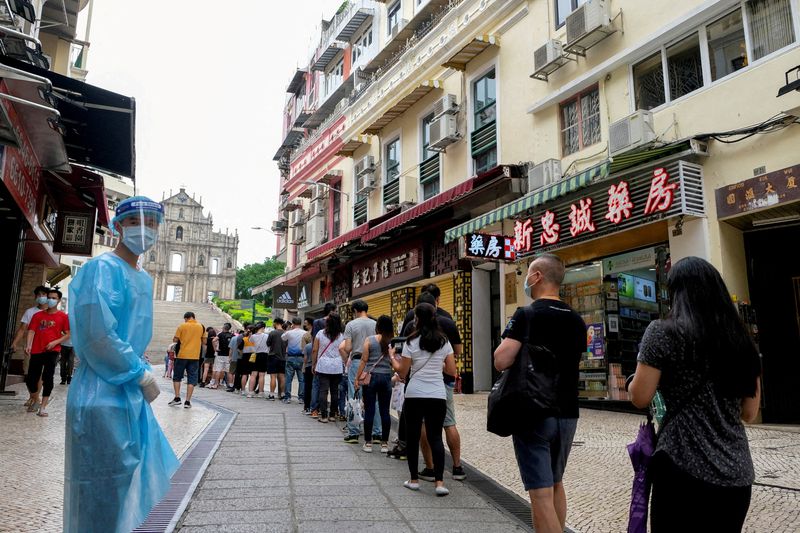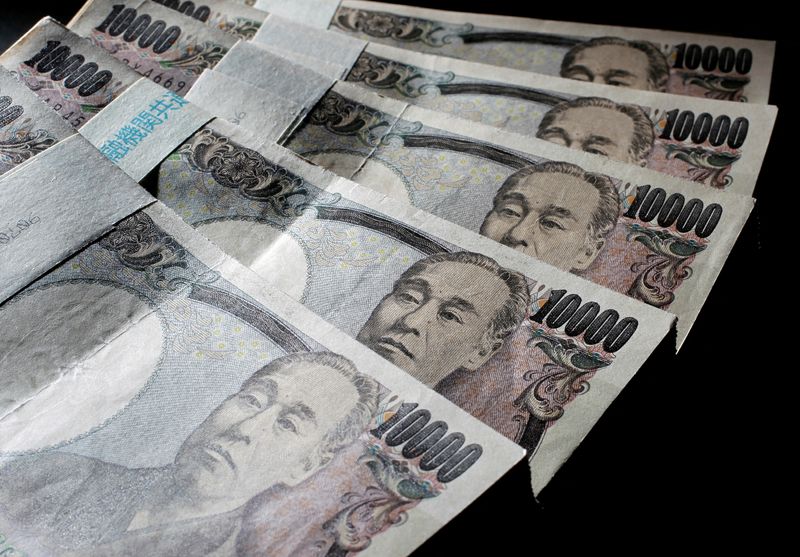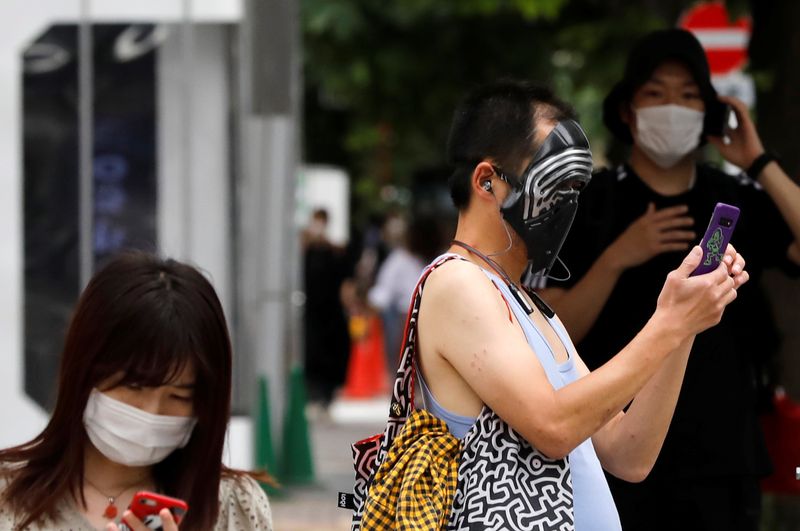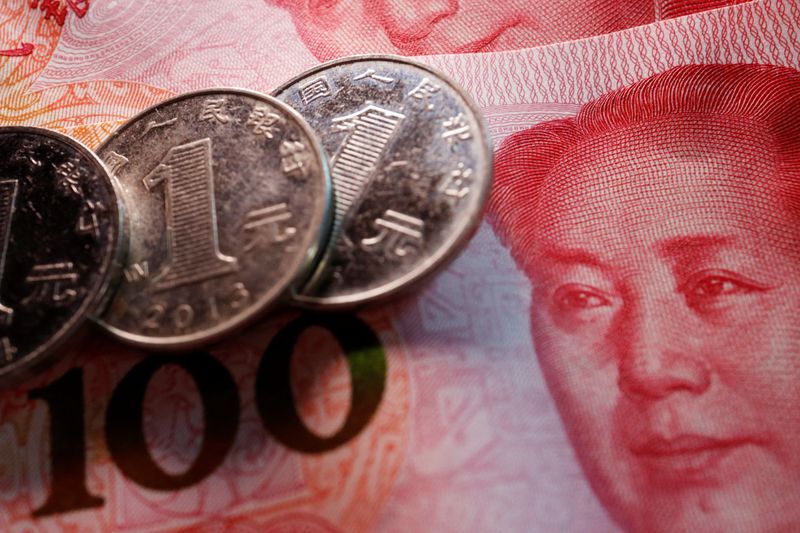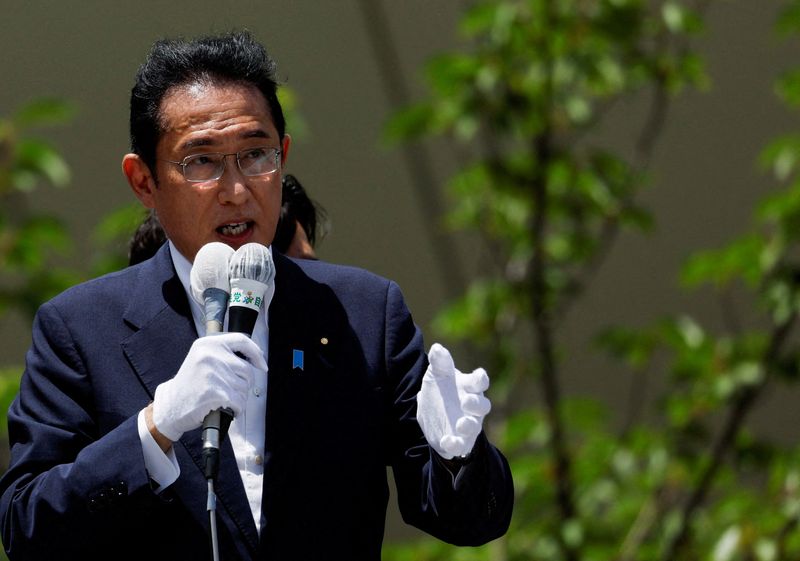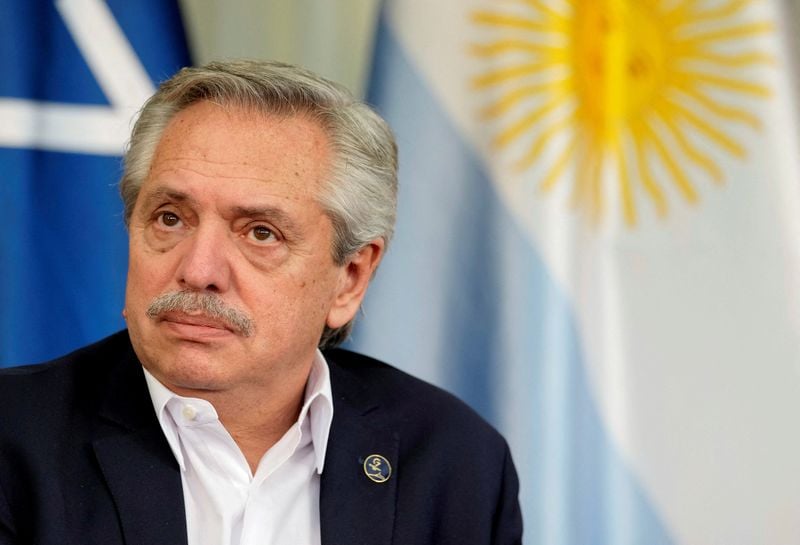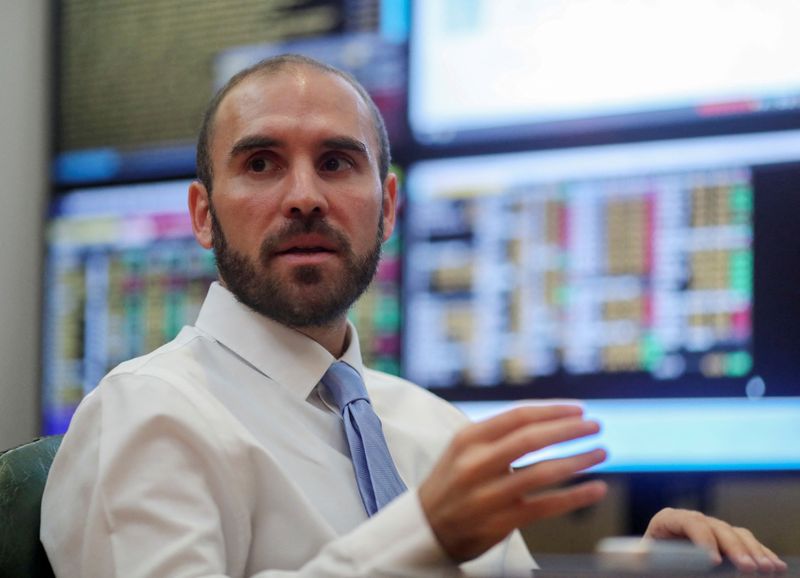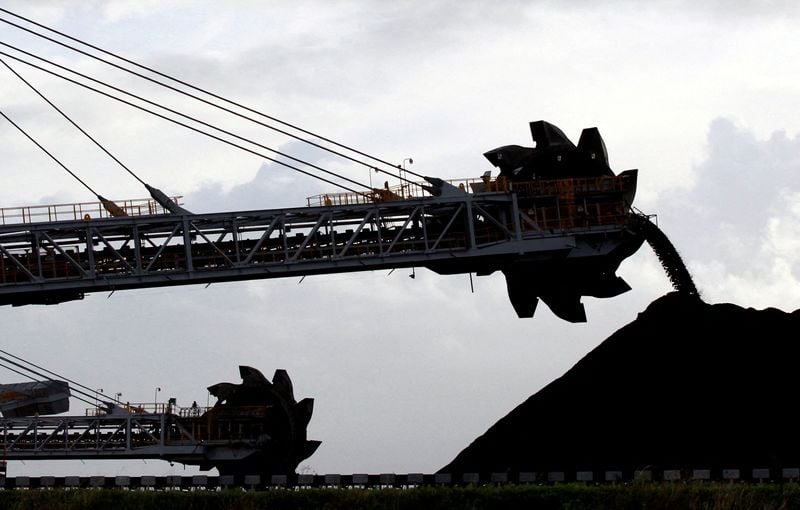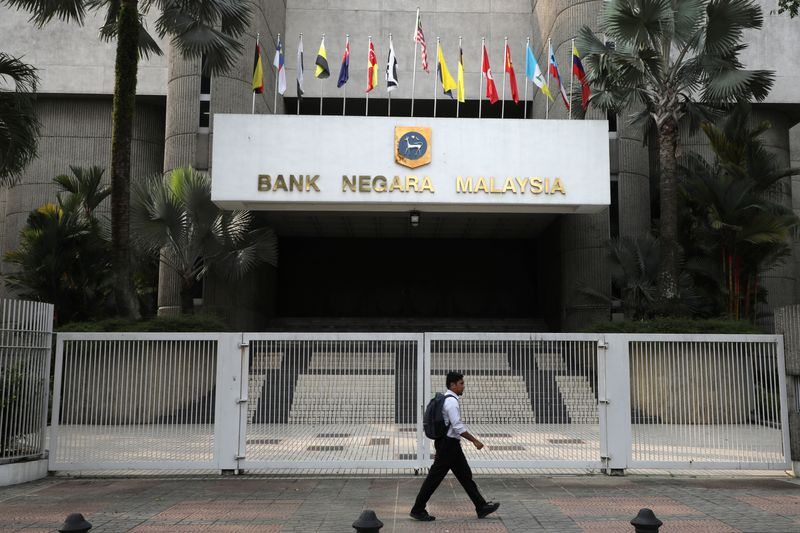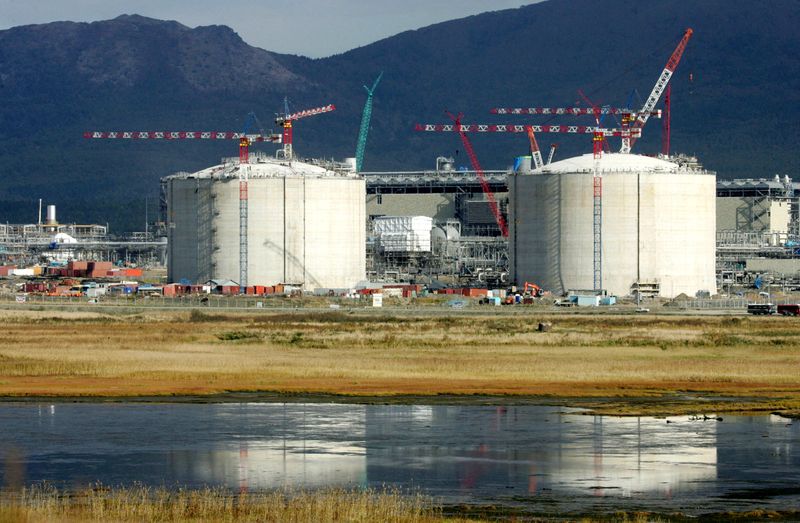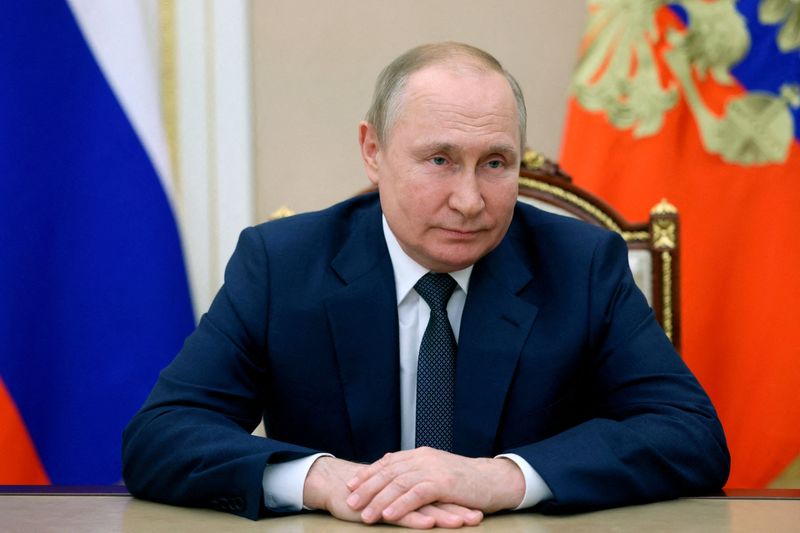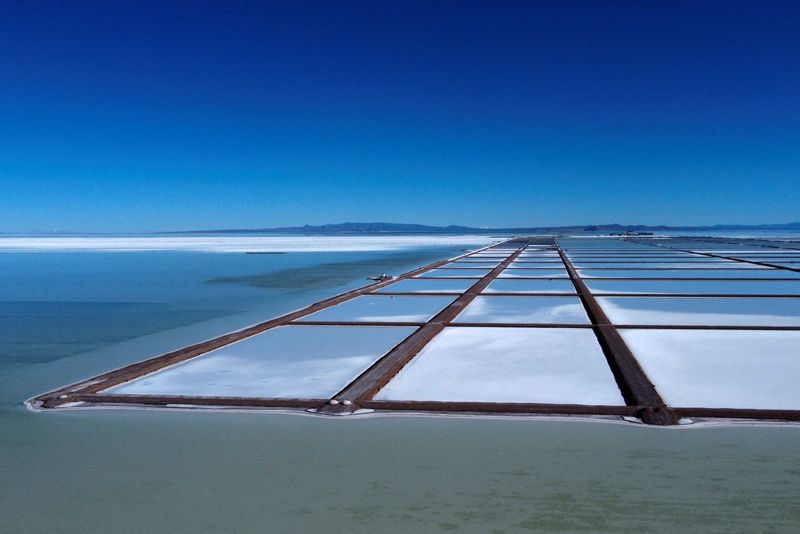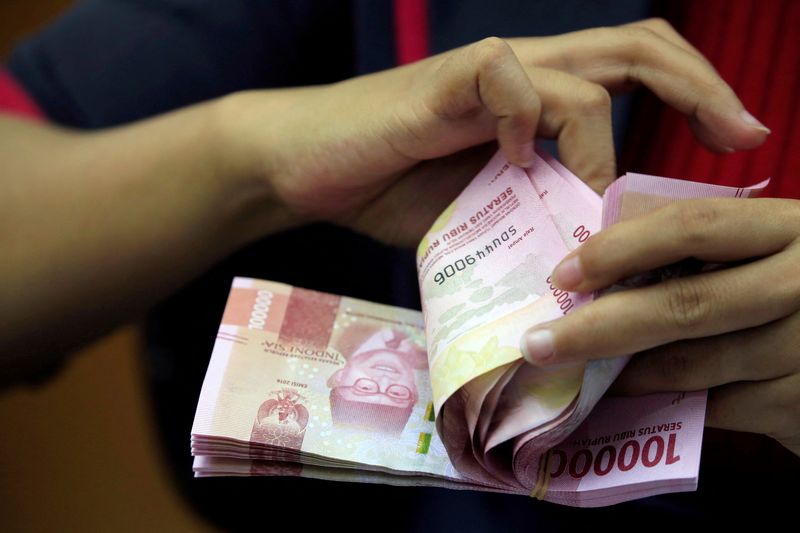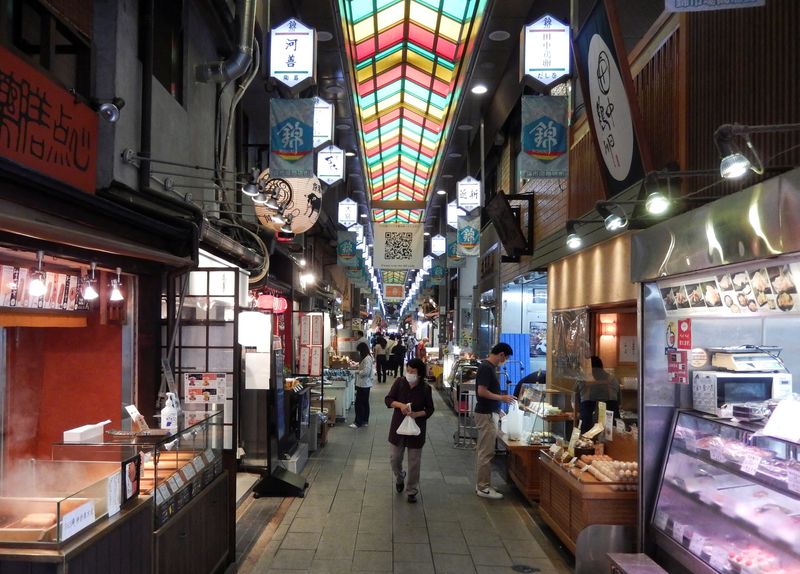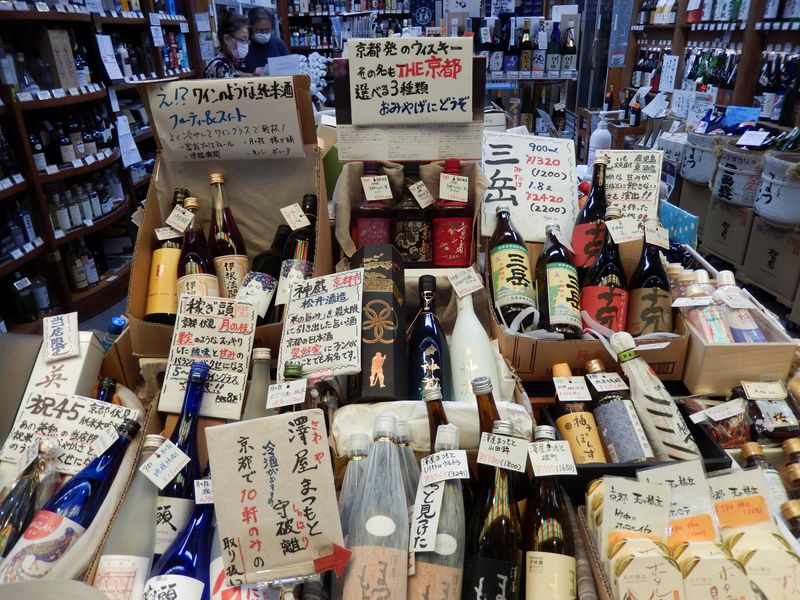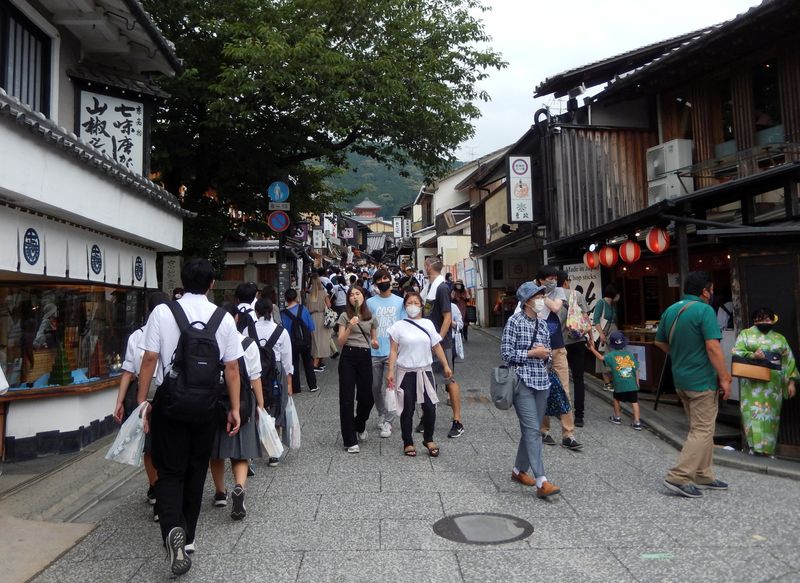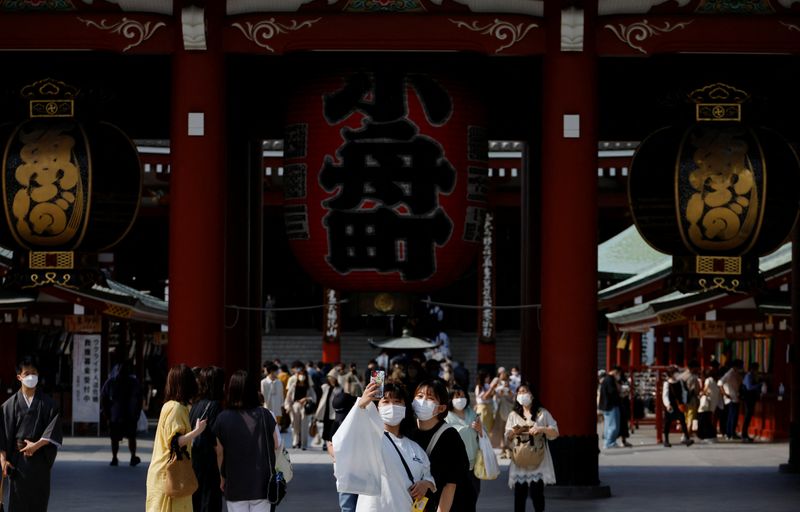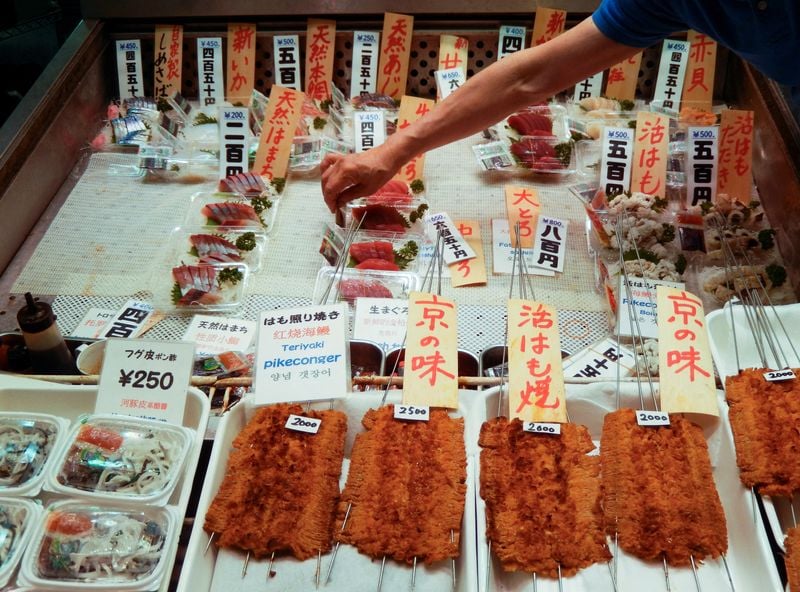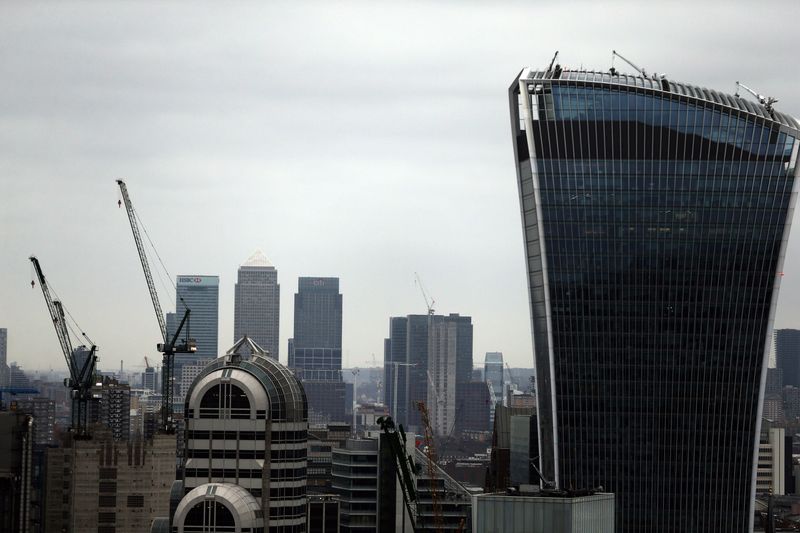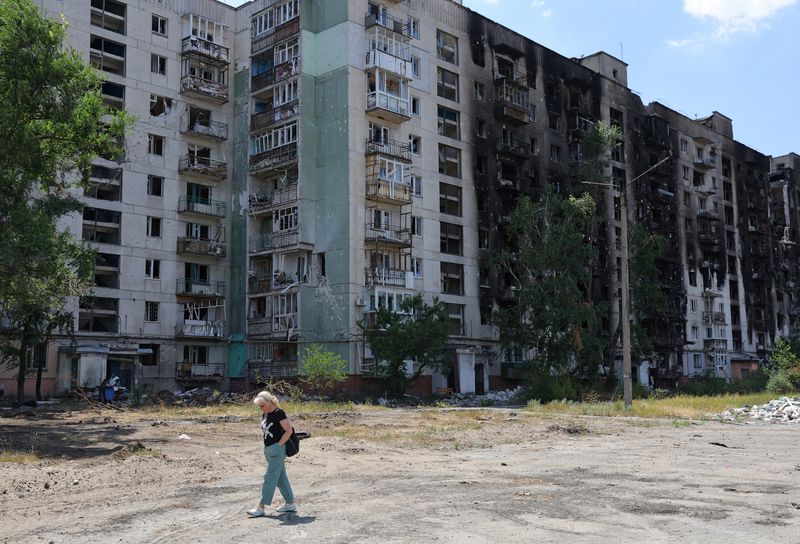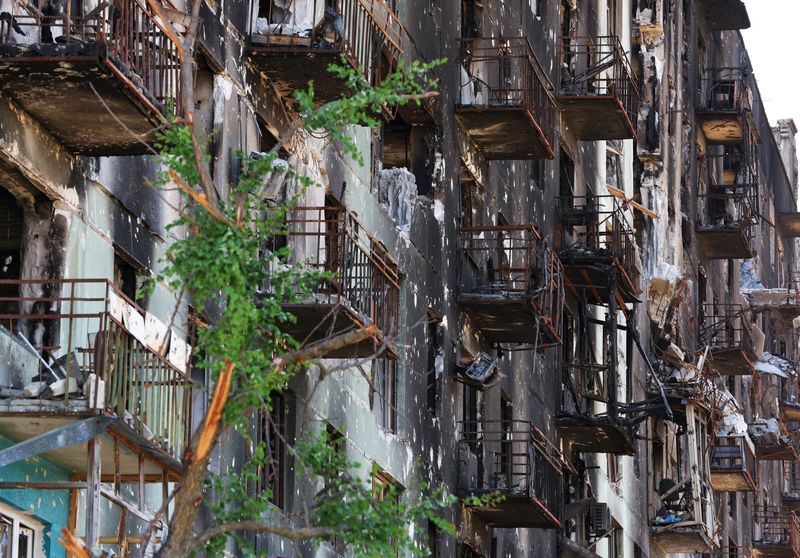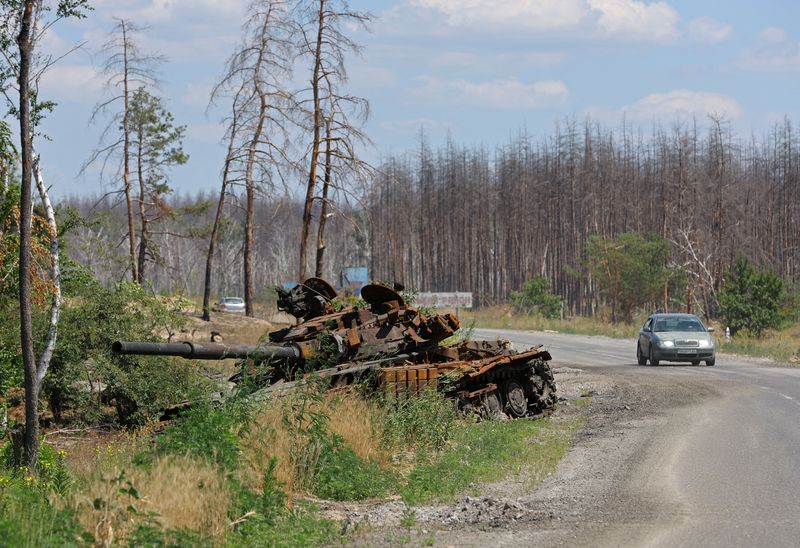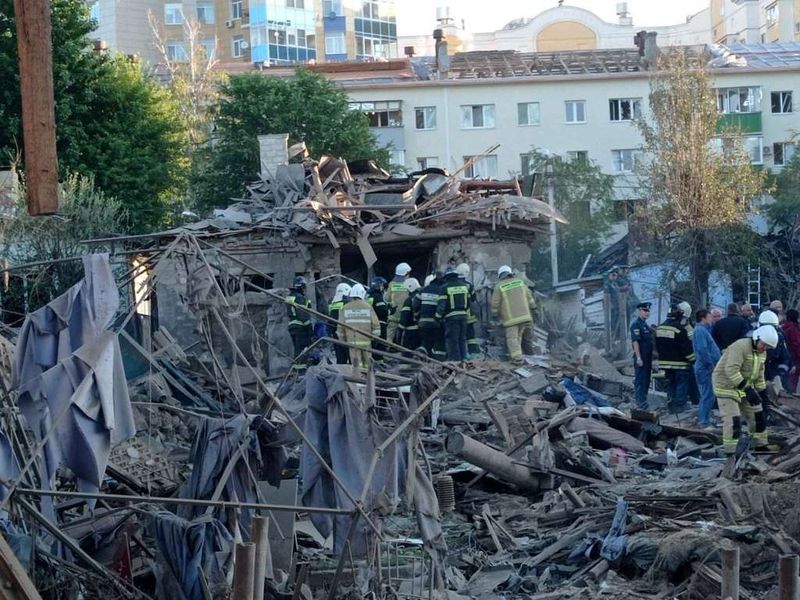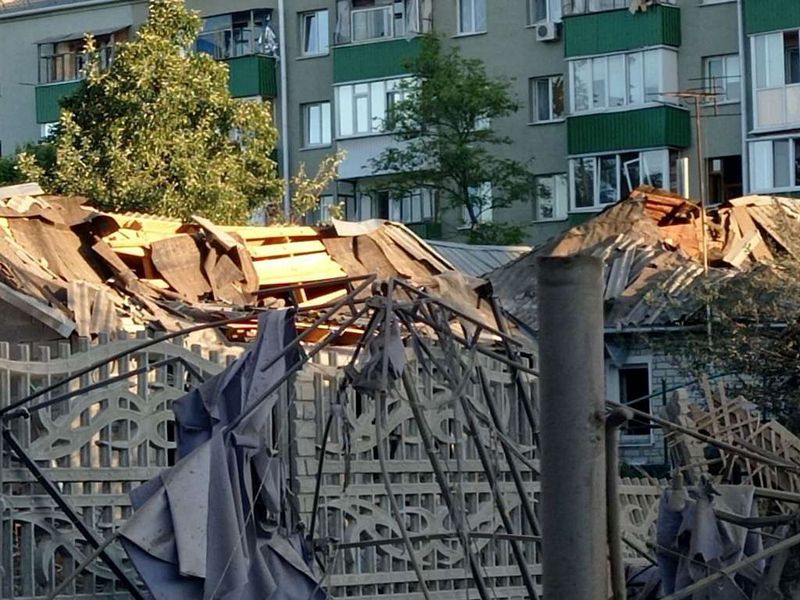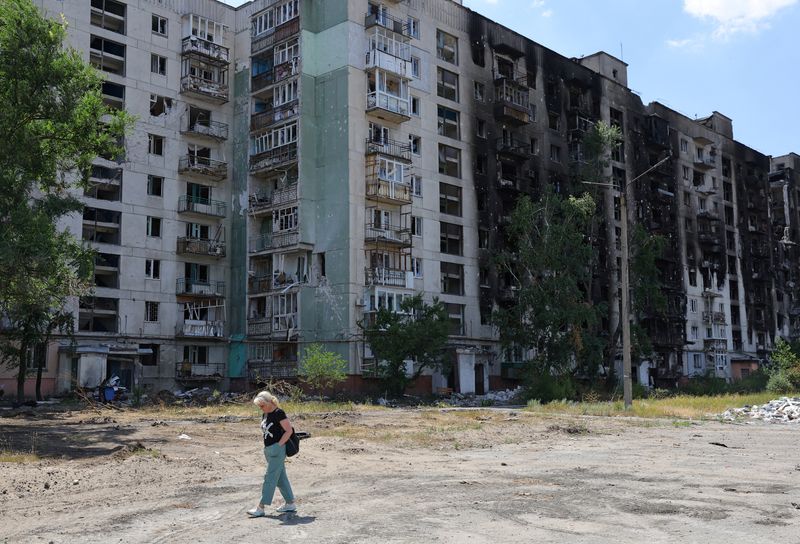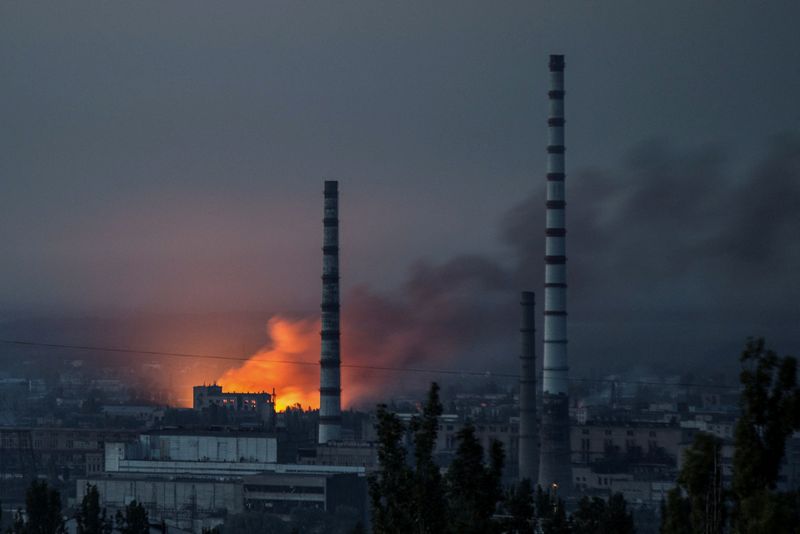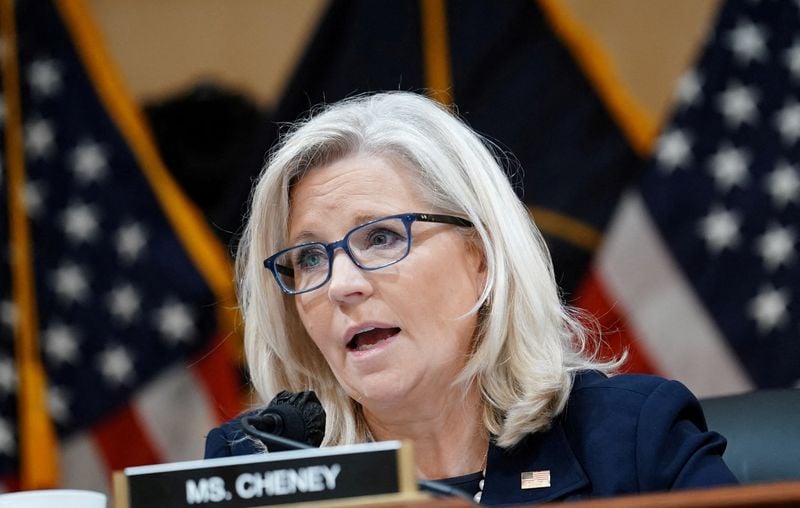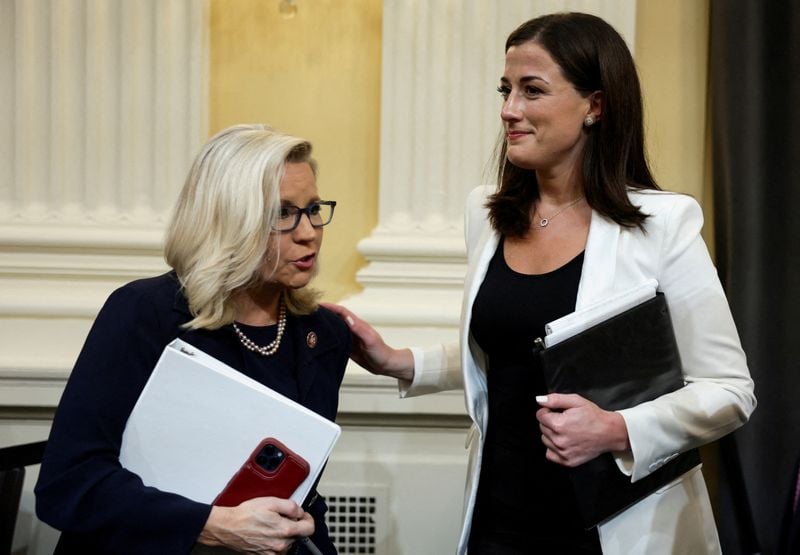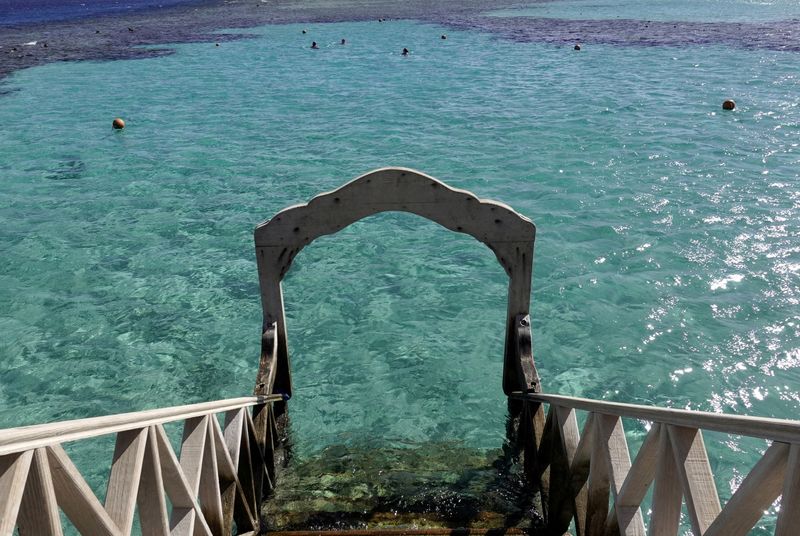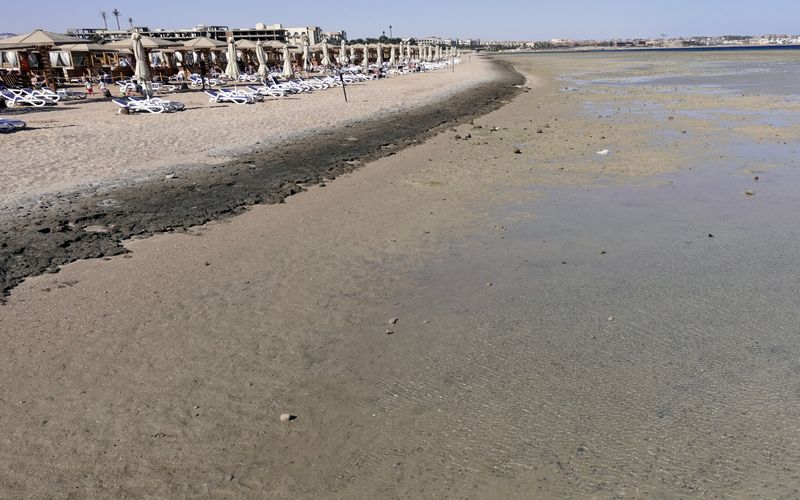ROME -Parts of a mountain glacier collapsed in the Italian Alps on Sunday amid record temperatures, local authorities said, killing at least six people and injuring eight.
The Trento provincial government said rescue operations were in progress after a large “ice avalanche” involving hikers, adding that there was likely to be a “heavy toll”.
The avalanche took place on the Marmolada, which at more than 3,300 metres is the highest mountain in the Dolomites, a range in the eastern Italian Alps straddling the regions of Trento and Veneto.
Injured people were taken to hospitals in the nearby towns of Belluno, Treviso, Trento and Bolzano, said the president of Veneto, Luca Zaia.
The huge mass of ice collapsed close to Punta Rocca, on the route usually used by hikers and climbers to reach the summit, the Alpine rescue unit said.
“Fortunately the weather conditions are good but the danger is that there could be further collapses,” a spokesperson said.
Helicopters and dogs were being used to try to find survivors.
An early summer heatwave in Italy saw temperatures on the Marmolada touch 10 degrees Celsius (50 Fahrenheit) on Saturday, Zaia said.
Rising average temperatures have caused the Marmolada glacier, like many others around the world, to shrink steadily over recent decades.
(Reporting by Gavin Jones; Editing by Catherine Evans)
